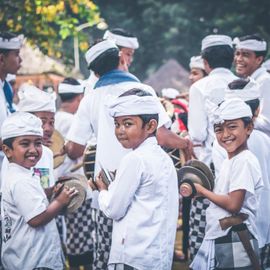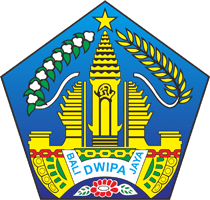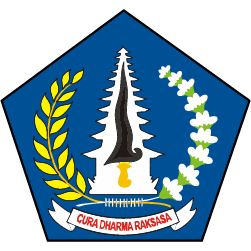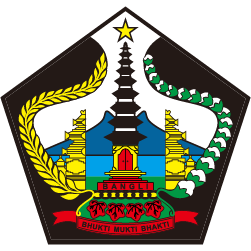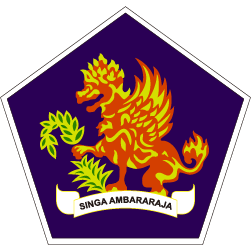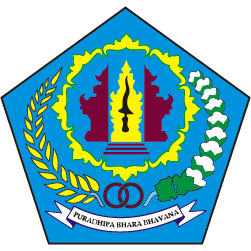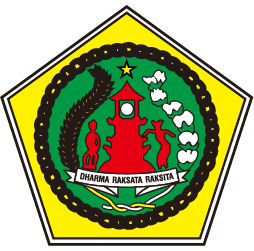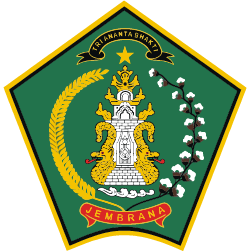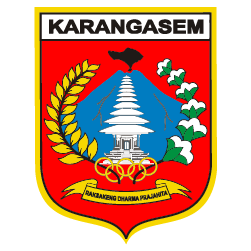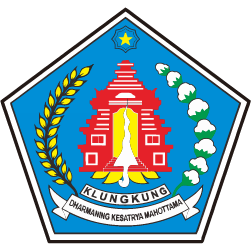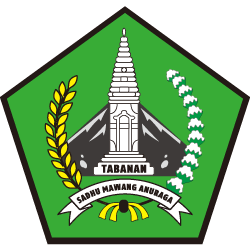Megoak-Goakan, The Historical Game From Buleleng
Megoak-Goakan, The Historical Game From Buleleng.
In this modern world era, a lot of traditional games in Indonesia are already forgotten. But apparently, this is not the case in some areas in Indonesia. In the Buleleng Regency of North Bali, for example, there’s a traditional game which is passed from generation to generation. And is still being played today, called “Megoak-Goakan”. This traditional game that is originated in the Panji Village, has a deep historical moment: the victory of Buleleng Kingdom over the Blambangan Kingdom.
Megoak-goakan
The history begins in the 17th century, when Ki Barak Panjisakti, a reputable king of Buleleng, learned that the Blambangan Kingdom continuously tried to conquer Buleleng. Evidently, the King of Blambangan had a desire to turn the land of Buleleng to part of his territory. However, even though Ki Barak Panjisakti was very powerful and had been successful conquering many territories, his battle against Blambangan wasn’t glorious. His troops were desperate due to this condition. Hence, in order to bring back the spirit, the king ordered all of the troops to play this traditional game called Goak-Goajakan.
Megoak-Goakan means acting like a crow who attempts to defeat a snake by catching the snake’s tail. In this case, King Panji acted as Goak or crow, while the warlords acted as a snake who tried to protect their tails. Finally, King Panji won the game and then asked a special present from his warlords. Yes, he wants the Blambangan Kingdom to be part of his territory. To grant the king’s wish, the troops went back to war against the Blambangan Kingdom, and came back with victory.
This traditional game is still very popular in Buleleng until today, especially among the kids in the school and also neighborhood. Megoak-Goakan also becomes a unique performing art over the years, which is combined with stories, dances, and also stand up comedy. This game is usually played once in a year in Ki Barak Panji field, a day after Nyepi or Silence Day, at 3 PM. Therefore, if you want to be part of this historical game, be sure to get there in time.
